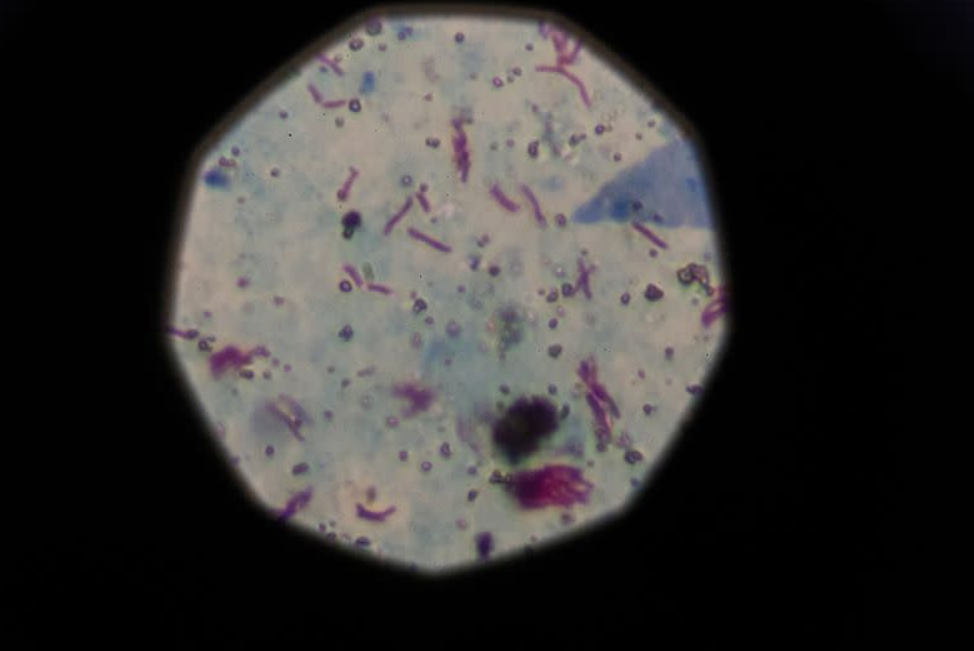Climate change and violence, according to the head of the Global Fund to Fight AIDS, Tuberculosis, and Malaria, are hampering these efforts.
According to the Fund’s 2023 results report, which was released on Monday, worldwide efforts to combat the diseases have recovered significantly after being severely hampered by the COVID-19 outbreak.
The Global Fund’s executive director, Peter Sands, has warned that unless “extraordinary steps” are taken, the world would most certainly fail to eliminate AIDS, tuberculosis, and malaria by 2030.
He even listed some benefits. In the countries where the Global Fund invests, for example, a record-breaking 6.7 million people got TB treatment in 2022, a 1.4 million increase from the previous year. In addition, the Fund provided 220 million mosquito nets and supported in the treatment of 24.5 million HIV/AIDS patients.
However, the Fund noted in a statement issued with the results that climate change contributed to the difficulties of recovering from the outbreak.
The mosquito that transmits the malaria parasite, for example, may now thrive in cooler parts of Africa’s highlands. Natural catastrophes, such as floods, are placing a burden on healthcare systems throughout the globe, causing people to migrate, spreading illness, and interrupting treatment plans, according to the report. It also said that uncertain situations make reaching vulnerable people in countries such as Sudan, Ukraine, Afghanistan, and Myanmar very challenging.
But, according to Sands, there is still reason to be optimistic, owing in part to cutting-edge diagnostic and preventive measures. This week, the United Nations General Assembly will have a high-level debate on TB, giving advocates hope for more attention to the disease.

